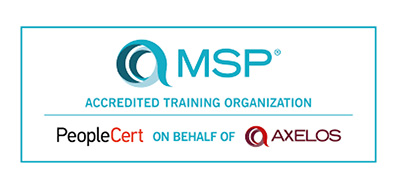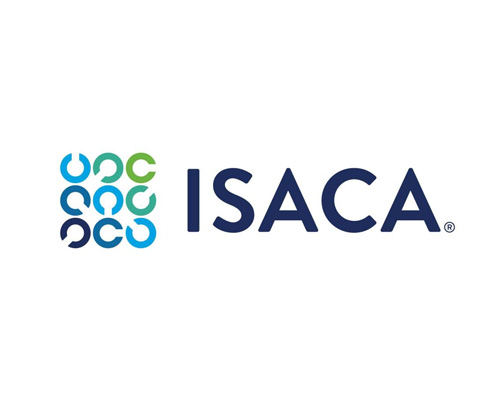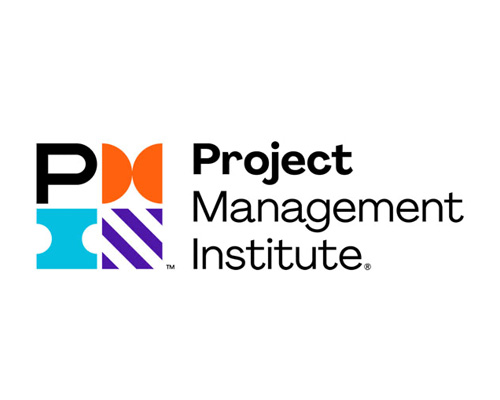
Managing Successful Programmes (MSP®) Foundation & Practitioner Combined
Overview:
Managing Successful Programmes (MSP®) is the leading framework for managing and delivering complex programmes. Developed by AXELOS, MSP® provides a structured approach to programme management, guiding organizations to deliver successful, transformative change. MSP® is ideal for organizations seeking to manage multiple, interconnected projects within a cohesive and strategic framework.
This comprehensive course combines both the MSP® Foundation and Practitioner qualifications, enabling delegates to master the principles and practices needed to manage programmes effectively. Through our live online training, you’ll be provided with the skills to initiate, plan, and execute large-scale, complex programmes, ensuring they deliver the intended benefits and align with organizational goals. The course runs over four weeks (Monday to Thursday evenings from 6:00 PM to 8:00 PM), with the final week dedicated to exam preparation.
Who Should Attend MSP® Training:
- Programme Managers
- Project Managers
- Portfolio Managers
- Business Analysts
- Change Managers
- Senior Project Leaders
- Programme Office Managers
- Professionals involved in programme management or strategic transformation
Entry Requirements:
No prior experience or qualifications are required to attend the MSP® Foundation course. However, some experience in project management, change management, or programme environments is beneficial. For those already experienced in programme management, the course offers a comprehensive overview and advanced techniques to excel in managing complex programmes.
Course Content:
This course provides a deep dive into the MSP® framework, covering its seven principles, governance themes, and transformational flow. You will be equipped to manage programmes that deliver significant benefits and strategic change. The course content includes:
MSP® Principles
- Aligned to corporate strategy: Ensuring that programmes are strategically aligned with business objectives.
- Leadership and stakeholder engagement: Creating strong leadership teams and engaging stakeholders at all levels.
- Governance and controls: Setting appropriate governance structures to oversee programme delivery.
- Change management integration: Effectively managing change and transforming organizations through programmes.
- Value management: Maximizing programme value through continuous benefit realization.
- Focus on outcomes: Delivering measurable results rather than just outputs.
- Managing interdependencies: Understanding and managing the interconnections between projects within a programme.
MSP® Governance Themes
- Organisation: Defining roles, responsibilities, and structures that support effective governance.
- Vision: Developing a clear vision for the programme and ensuring it is communicated and understood.
- Leadership and stakeholder engagement: Ensuring that programme leadership is strong and stakeholder engagement is sustained throughout the programme lifecycle.
- Benefits management: Ensuring that benefits are identified, realized, and measured throughout the programme.
- Stakeholder engagement: Creating strategies for managing stakeholder relationships and expectations.
- Planning and control: Developing the necessary plans, controls, and processes to ensure the programme is delivered on time and on budget.
- Risk and issue management: Effectively identifying and managing risks and issues as they arise during the programme.
MSP® Transformational Flow
- Identifying the programme mandate: Starting the programme with clear objectives and strategic vision.
- Defining the programme: Setting out the programme’s scope, approach, and high-level plans.
- Managing the programme delivery: Monitoring and controlling delivery, ensuring all projects are aligned with programme objectives.
- Realizing benefits: Ensuring that outcomes and benefits are realized and sustained post-delivery.
- Programme closure and transition: Closing the programme effectively and ensuring a smooth transition to business as usual.
MSP® Lifecycle Phases
- Starting up a programme
- Defining the programme
- Managing the programme delivery
- Closing the programme
MSP® Roles and Responsibilities
- Understanding the key roles in programme management, including the Programme Board, Programme Manager, and Programme Office.
- Tailoring roles and responsibilities to fit the specific needs of the organization and programme.
Benefits Realization
- Managing benefits throughout the programme lifecycle, ensuring value is delivered to the organization and stakeholders.
- Techniques for capturing and measuring benefits.
Assessment:
- Foundation Exam: The MSP® Foundation exam is a 60-minute, 50-question online proctored exam. A pass mark of 55% is required.
Practitioner Exam:
The MSP® Practitioner exam is a 180-minute, 70-question online proctored exam. A pass mark of 50% is required. During the Practitioner exam, you are allowed to consult the official MSP® manual.
Certification:
Upon successful completion of both exams, you will earn the Managing Successful Programmes (MSP®) Foundation & Practitioner certification, demonstrating your ability to manage and deliver large-scale, transformational programmes successfully.




